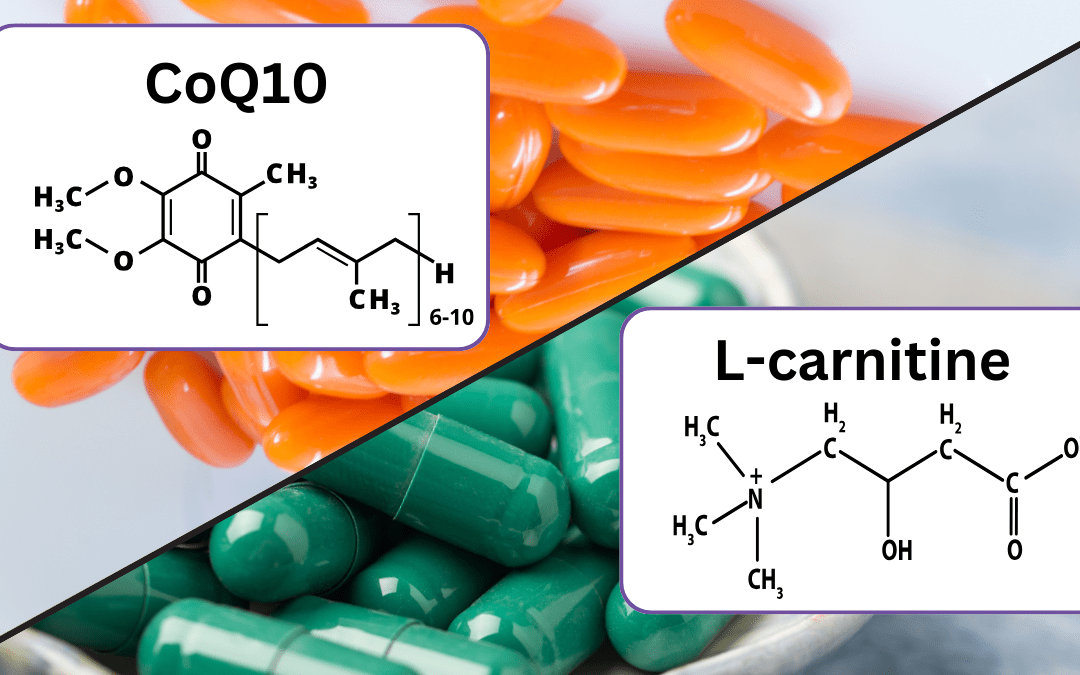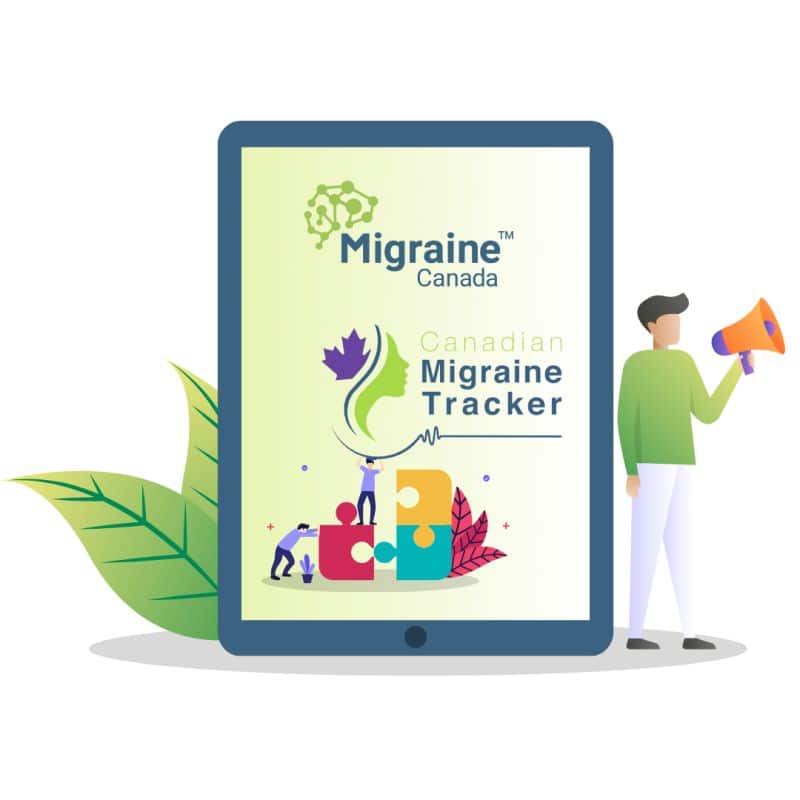Discover how CoQ10 and L-carnitine might enhance your migraine management strategy. A recent study from Iran reveals that combining these two supplements could be effective for episodic migraine prevention. This article explores the study’s findings, the science behind why CoQ10 and L-carnitine may help, and their potential benefits for reducing migraine frequency and severity. Learn about the latest research and how incorporating these supplements could be a valuable addition to your migraine prevention plan.
What are the natural supplements recommended in Canada for migraine prevention?
Four supplements are currently recommended in the Canadian Guidelines for migraine prophylaxis (i.e., prevention):
- Magnesium citrate: 300 mg twice per day. Some clinicians also recommend glycinate. Other forms (laxative magnesium) are not well absorbed and should not be used.
- Vitamin B2 (riboflavin): 400 mg per day.
- Coenzyme Q10: 150 mg twice a day or 100 mg three times per day.
- Butterbur (petasites): 75 mg twice a day. Note that this product has been associated with rare cases of liver toxicity, and many clinicians are no longer prescribing it.
For more information, please see our post on natural supplements for migraine prevention.
Why would CoQ10 and L-carnitine work to prevent migraine?
The mechanisms of migraine are complex, involving many factors including serotonin and CGRP. One important aspect of migraine is energy metabolism and oxidative stress. Our brain requires a lot of energy to function, which is produced by the mitochondria, the “energy factories” of cells. Many chemical reactions take place in the mitochondria, involving hundreds of substances, enzymes, and ions. Research suggests that the migraine brain has particular ways of processing energy. Therefore, targeting mitochondrial mechanisms makes sense.
Coenzyme Q10 plays a role in this energy production process in the mitochondria and is also an antioxidant. L-carnitine also plays a role by transporting fatty acids to the mitochondria. By improving energy metabolism in brain cells, these supplements could potentially improve migraine.
How was the study conducted?
The study included patients with episodic migraine (baseline of 6-9 days per month). They received a combination of CoQ10 (30 mg/day) and L-carnitine (500 mg/day). Interestingly, the CoQ10 product was sourced from Canada! Half of the participants received the active treatment, while the other half received a placebo. The treatment lasted 8 weeks.
Quick Note: Participants reported a daily food intake of 1500 to 1600 kcal, which is typical of a weight loss diet. This raises questions about whether this intake was representative of their usual diet.
What were the results of the study?
The study showed positive results. The group receiving the supplements experienced greater improvement compared to the placebo group.
The supplements were associated with a greater decrease in migraine days per month, shorter duration, and reduced severity of attacks. A small decrease in blood lactate levels was also observed.
Were there side effects?
Constipation and stomach ache were reported more frequently in the active group (10%) compared to the placebo group (3%). No other significant side effects were reported.
Is the study of good quality and reliable?
- The study included 56 patients (49 women), making it relatively small. Small studies are less conclusive than big ones with hundreds of patients.
- The dropout rate was low (only 6 participants didn’t finish the study), indicating the study was carefully conducted and had few severe side effects.
- The doses of CoQ10 and L-carnitine used were quite low compared to the typical doses recommended for migraine (300 mg/day) and doses used in inflammation studies (1000 mg to 4000 mg/day).
- During the study, patients were required to fill out dietary and physical activity reports. This could have influenced the results, as people tend to behave differently when they feel observed. While improvements in diet and physical activity might explain some of the overall improvement, they do not account for the differences observed between the active and placebo groups.
- The active group started with more migraine days per month (9.5 vs. 6.5 in the placebo group), suggesting a higher potential for improvement (i.e., decrease of migraine days).
- The study was short-term, and long-term effects (over 6 months or a year) are unknown.
What can we conclude from this study?
This small, positive study supports the use of CoQ10 and L-carnitine for migraine prevention. Despite the low doses used, a significant benefit was observed.
References
- Hajihashemi P, Askari G, Khorvash F, Reza Maracy M, Nourian M. The effects of concurrent Coenzyme Q10, L-carnitine supplementation in migraine prophylaxis: A randomized, placebo-controlled, double-blind trial. Cephalalgia. 2019;39(5):648-654. doi:10.1177/0333102418821661
Post #2027



